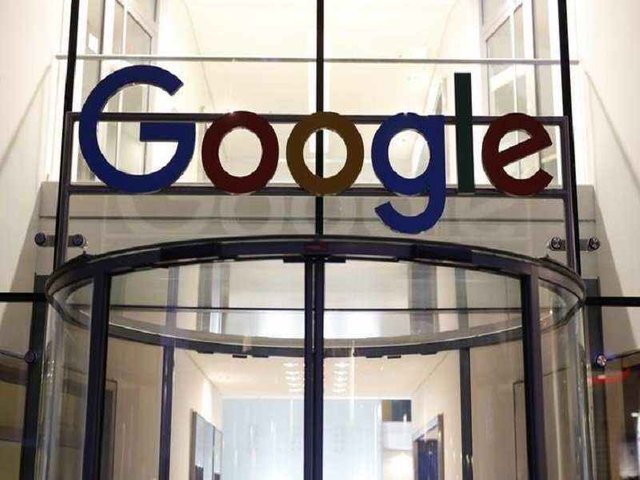All you need to know about world’s biggest fine imposed on Google

In an unprecedented move, the European Union Competition Commission levied a whopping $5 billion fine on Google. The move has sent shock waves through the Silicon Valley and could have some ramifications in the tech world. While Google has said that it will appeal the decision, things are looking a bit unclear as of now. If you are not aware of why and how Google was fined, here are X things to know to understand the whole saga
It is the biggest anti-trust fine imposed on any company
Last year, the EU had fined $2.7 billion for manipulated search results but the recent fine is close to twice that amount. For the record, Google is still appealing that decision as well.
Why has Google been fined?
According to the EU, Google has bundled its search and Chrome apps into the operating system and hence forcing smartphone makers to use them. The EU has also alleged that “Google made payments to certain large manufacturers and mobile network operators” to do so.
What is Google’s argument
In a detailed blog post, CEO Sundar Pichai has clarified that “Android provides choice” contrary to the EU’s argument. He noted that there are 1,300 brands powered by Android and 24,000 devices at various price points. A Google spokesperson also commented, “Android has created more choice for everyone, not less. A vibrant ecosystem, rapid innovation and lower prices are classic hallmarks of robust competition.”
The EU has made it clear that within 90 days it wants to close the matter one way or the other. They specifically said that they want Google to bring its “illegal conduct to an end in an effective manner within 90 days”.

What next for Google and its appeal?
Google is too big to be shaken even by this mammoth fine. Will its credibility be hurt? Not really. As Pichai wrote in his blog post, “We’ve always agreed that with size comes responsibility. A healthy, thriving Android ecosystem is in everyone’s interest, and we’ve shown we’re willing to make changes.” So, Google can make changes but we don’t believe the tech giant will comply with all of EU’s demands. There might be a long-drawn legal battle over the issue.